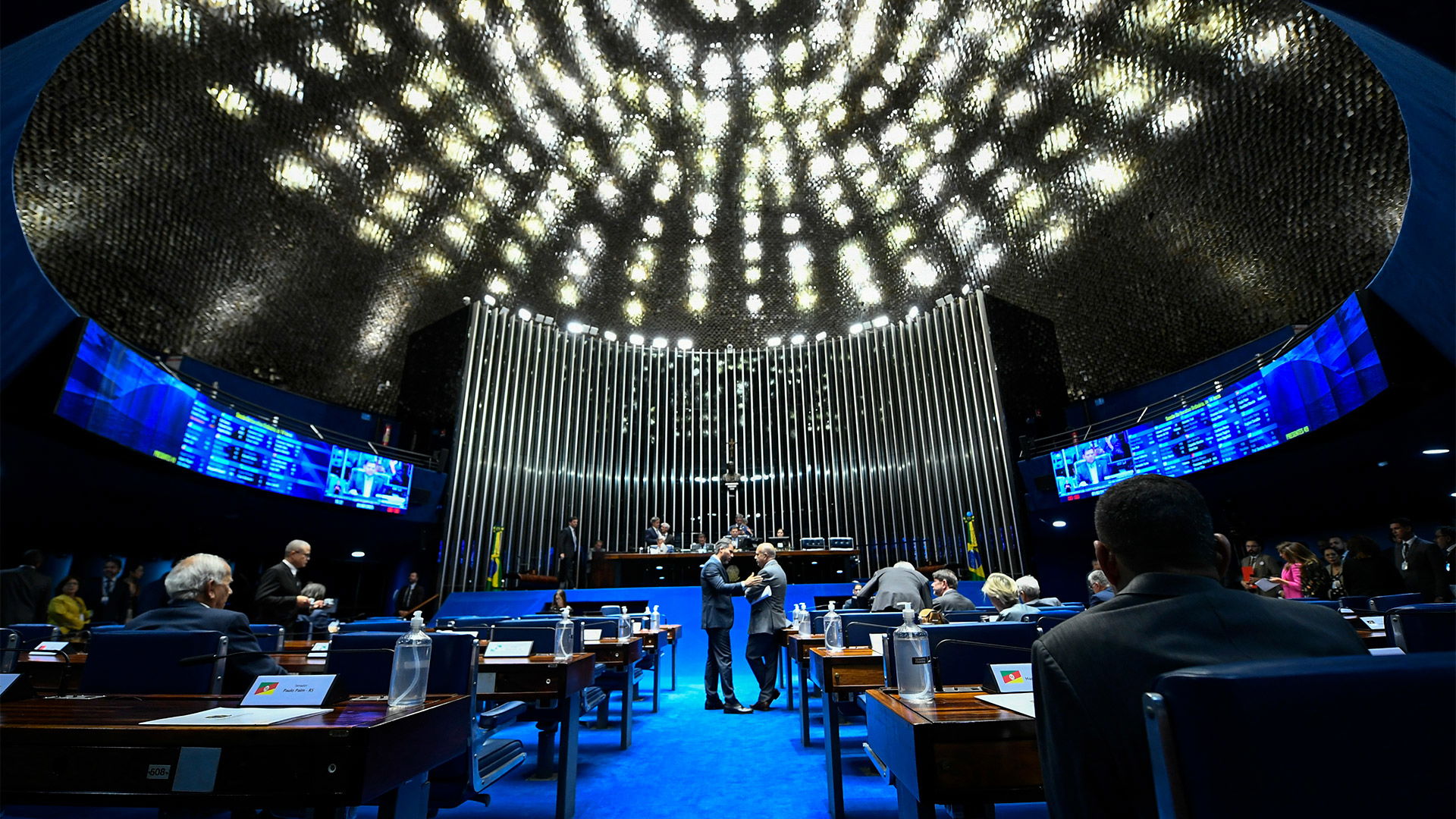Survey reveals young Brazilians in smaller towns are driving growth in online football betting

A nationwide survey has revealed that young Brazilians, particularly those from lower-income backgrounds and rural areas, are the most active users of online sports betting platforms. Conducted by Ipsos-Ipec in partnership with O GLOBO, the study gathers detailed data on football betting habits in Brazil, showing that 16.6% of football fans have placed bets.
The research, carried out between June 5 and 9, 2025, interviewed 2,000 people aged 16 and older in 132 municipalities. It found that 3% of fans always bet, 1.8% do so frequently, 5.9% sometimes, and another 5.9% rarely. The margin of error is 2.2 percentage points at a 95% confidence level.
The report cites the case of 25-year-old São Paulo supporter João Henrique Oliveira. A graphic designer from Ruy Barbosa in Bahia’s Chapada Diamantina region, Oliveira supplements his modest household income with side jobs. Betting has become his main leisure activity, though he insists it is about fun rather than profit.
“I’ve bet on other sports, but football is the one I really stop to watch and talk about with my friends,” he says. “I like betting, but I at least need to understand what I’m betting on.”
Although Oliveira bets regularly, his spending is modest, averaging around R$20 ($3.70) per matchday. He considers it entertainment rather than a serious attempt to make money.
Income levels strongly influence betting patterns. Fans from families earning between two and five minimum wages recorded the highest participation rate at 20.3%, followed by those earning one to two minimum wages at 17% and households earning above five minimum wages at 15.8%. Interestingly, among those earning up to one minimum wage, just 12.7% said they bet, but those who did engaged more frequently.
Geography also plays a role. The Midwest registered the largest share of bettors at 20.3%, while the Northeast had the highest concentration of fans who bet constantly, at 4.3%. The South, meanwhile, showed the lowest rate of regular bettors at 1.8% and the highest proportion of fans opposed to betting, at 86.8%.
Smaller municipalities had the largest proportion of betting participants, with 17.3% of bettors living in rural areas. Researcher Emílio Tazinaffo attributed this to fewer local entertainment options. “We understand that betting is driven by pleasure. In small towns, what other sources of pleasure or distraction are there?” he noted.
The survey also highlighted sharp contrasts in betting behavior by gender and age. Men made up 22.9% of bettors, compared with just 8% of women. Among young people, however, betting proved particularly popular.
Fans between 16 and 24 years old showed nearly the same participation rate as those aged 25 to 44, 25.5% and 24.4%, respectively. But when looking only at those who always bet, the youngest group was far ahead at 7.2%, more than double the next age bracket at 3.3%.
For some, the attraction began with early wins. Medical student Antônio Gomes Júnior, 24, recalled his first week betting. “In the first week, I won 500 reais and kept thinking I had to win more,” he said. “Nowadays, no. I play for fun, more relaxed.”
According to Tazinaffo, the trend among young people is partly explained by how betting became gamified during the pandemic. “Teenagers tend to imitate others; it’s through social interaction that they develop. During the pandemic, all of that became limited to the internet, and they turned to games to stay connected,” he explained. “A large part of this overlaps with betting behavior.”
















